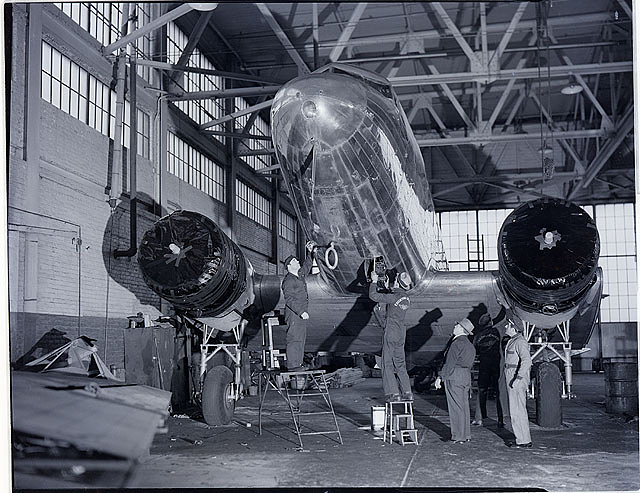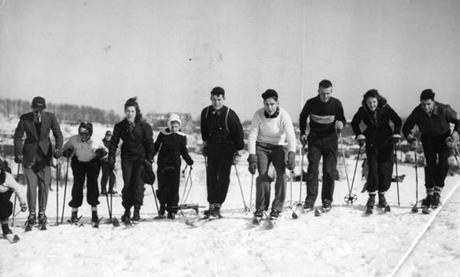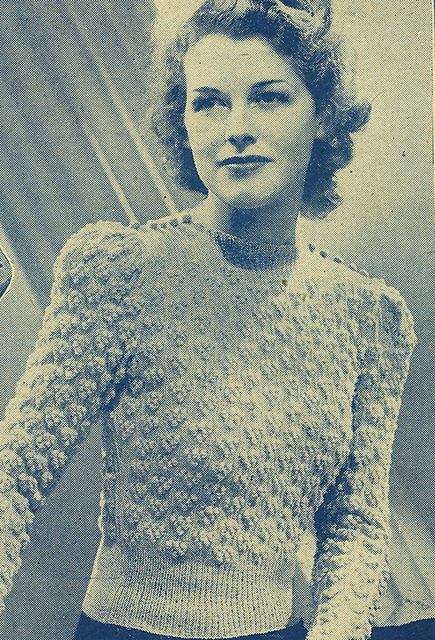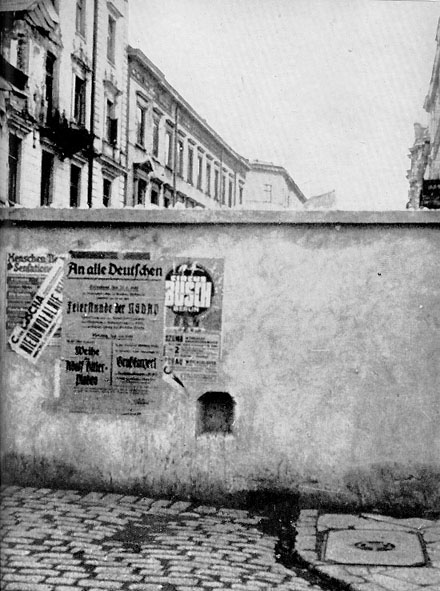Wednesday 4 December 1940
 |
| A DC-3 being prepared for shipment to England, 4 December 1940. The RAF designation for DC-3s is Dakota, and they are often used for transport throughout the war (Smithsonian). |
In Albania, the Greek 2nd Division completes the capture of Suhë Pass, and the 8th Division captures Kakavia Pass when the Italians withdraw during the night. The 8th Division has taken 1500 Italians prisoner and captured numerous artillery pieces and 30 tanks, which the Italians have found ineffective in the steep terrain.
Greek II Army Corps captures Përmet ten miles across the border in southern Albania, while the Italians abandon Argyrokastro in southwest Albania. Greek III Corps is now in full possession of the Kamia Mountain. The advances mean that the Greeks now occupy a continuous line from the port of Saranda to Pogradec on Ohrid Lake.
The Greeks are advancing on the left side of the line, but they still lag the more advanced troops on the right side. By order of Commander-in-chief Papagos, those troops on the right are waiting for the rest of the Greek forces in the south to catch up. While their advance appears to be going quickly, the weather is foul and the Greek troops are on foot grinding through the snow and slush. They are advancing steadily, but slowly. The choice by the Italians to invade at the onset of winter is now working in their favor - but in a way that wasn't part of the plan.
The RAF based near Athens is in action over Albania, claiming eight victories.
European Air Operations: During the day, the Germans raid Dover. After dark, the Luftwaffe sends 62 bombers against Birmingham, England. They drop 77 tons of high explosives and 184 incendiary bombs. London also receives some attention.
RAF Bomber Command attacks Antwerp, Calais, Turin, and targets around Dusseldorf.
U-52 (Kptlt. Helmut Möhlmann) claims to have torpedoed and sunk a freighter in the Northwest Approaches off Ireland, but it is unclear what, if any, ship it sank. Most accounts discount this claim, Möhlmann may have sunk a derelict already claimed by another means.
Royal Navy 1927-ton freighter HMS Empire Seaman is sunk intentionally as a blockship at Scapa Flow, East Weddel Sound. Some accounts place this sinking on 30 June 1940.
Belgian 145-ton fishing trawler Helene hits a mine and sinks in the English Channel off Milford Haven, Pembrokeshire. That area has been recently mined.
Norwegian 2669-ton iron ore freighter Skogheim runs aground near Songvår Lighthouse, Søgne, Vest-Agder whilst on a voyage from Kirkenes to Emden and is a total write-off. Everybody aboard survives. The ship is later salvaged.
Convoy OB 254 departs from Liverpool, Convoy Fn 350 departs from Southend, Convoy FS 353 departs from Methil, Convoy FS 351 is detained in port, Convoy BS 10 departs from Suez.
U-552 (Kplt. Erich Topp), a Type VIIC boat, is commissioned. Topp is the former commander of U-57, which sank following a collision with a Norwegian vessel on 3 September 1940. He already has six victims under his belt in U-57. We shall be hearing quite a bit more about Topp and U-552.
US destroyer USS Eberle (Lt. Commander Edward R. Gardner, Jr.) is commissioned.
Battle of the Mediterranean: Operation Compass, the projected British attack on Italian positions in Egypt, is only days away. British Major General Richard O'Connor, Commander of the Western Desert Army, who prefers to lead from the front (unlike many British Generals), transfers his headquarters to an advance location where he can better supervise the offensive. Leading from the front is a two-edged sword: it provides certain benefits such as inspiring the troops, but it also exposes the commander to danger.
At Malta, Royal Navy submarine HMS Upright (Lt J E Brooks RN) arrives. It is the first of three U class submarines assigned to Malta. The commander notes that the sub is not fit for long patrols due to the inability to carry sufficient provisions, and the long trip from Gibraltar, which included a patrol off Palermo, Sicily, taxed the crew.
The Germans begin their penetration into the Mediterranean by instituting Fliegerkorps X at Taormina, Sicily.
Battle of the Pacific: Captured Norwegian freighter Ole Jacob arrives safely in Kobe, Japan. This ship was captured by raider Pinguin and carries extremely sensitive documents from the British War Cabinet that were taken from sunk freighter Automedon. Some historians believe that these documents are critical to the Japanese decision to attack the British and Americans in December 1941. The prize crew hands the Top Secret documents (which the British have no idea have been captured) to the German ambassador, who gives one copy to the Japanese government and sends another by courier to Berlin via the Trans-Siberian Railroad. This has been an exceedingly competently handled operation by the Germans - they sank the Automedon before it could get off any messages, have the British crew safely secured, and briskly got the information to a safe haven. In the long run, though, the information will prove to be a double-edged sword for the Axis.
Italian/German Relations: Mussolini is in the midst of a crisis of confidence about his troops' situation in Albania. He orders his Ambassador to Germany, Dino Alfieri (who generally has little to do because Hitler and Mussolini usually communicate through each other or their foreign ministers), to meet with Hitler and plead for assistance there.
 |
| New England skiers, 4 December 1940. |
Romania: The Antonescu government begins to regain control of the country after the recent re-burial of the founder of the Iron Guard, which inspired massive unrest.
German Military: Adolf Hitler meets with Abwehr boss Admiral Canaris. They discuss the prospects for Operation Felix, the subjugation of Gibraltar. Any attack, they conclude, requires Spanish cooperation and perhaps assistance.
US Military: F4F-3 Wildcats enter service with VF-41. They still have some problems with a poor cockpit layout, as pilots can easily confuse the flap settings with the fuel valve. The F4F already serves with the RAF in England as the Martlet due to previous purchases by the Anglo-French Purchasing Board before the fall of France..
 |
| US Navy Grumman F4F-3/3A Wildcats based on the aircraft carrier USS Yorktown, 1941. |
British Government: The Admiralty releases figures showing that shipping losses for the month ending 24 November were 323,157 tons.
Winston Churchill, as usual, sides with the Admiralty against the RAF in a dispute over control of the U-boat war.
British Homefront: The supply situation in England isn't getting any better, but Minister of Food Lord Woolton announces that the inmates', er, population's rations of sugar and tea will be increased - temporarily - by four and two ounces, respectively for Christmas.
American Homefront: At 17:48, a new twin-engine DC-3A of United Air Lines crashes while landing at Midway Airport, Chicago. The plane is on a standard flight from LaGuardia Airport (still called New York Municipal Airport and/or LaGuardia Field), which has only been in operation for a year. The FAA determines that the plane stalled during its approach because the pilot chose the wrong runway, one that was too short for his aircraft and thus required him to throttle back the plane's speed until it passed the stall point. Seven passengers and all three crew perish. LaGuardia, incidentally, remains a very tough airport for landings.
Future History: Gary Gilmore is born in McCarney, Texas. He will go on to become one of the most notorious murderers in American history, gaining notoriety for (successfully) demanding the death penalty. His execution in 1977 will mark the return of the death penalty (under new guidelines) in the US for the first time in a decade, a practice that continues.
Singer Freddy Cannon is born in Revere, Massachusetts. His hits will include "Tallahassee Lassie," "Way Down Yonder In New Orleans," and "Palisades Park." Cannon continues to perform and occasionally still puts out records.
 |
| Workers put the finishing touches on some cars in Detroit, 4 December 1940. |
December 1940
December 1, 1940: Wiking Division Forms
December 2, 1940: Convoy HX 90 Destruction
December 3, 1940: Greeks Advancing
December 4, 1940: Italian Command Shakeup
December 5, 1940: Thor Strikes Hard
December 6, 1940: Hitler's Cousin Gassed
December 7, 1940: Storms At Sea
December 8, 1940: Freighter Idarwald Seized
December 9, 1940: Operation Compass Begins
December 10, 1940: Operation Attila Planned
December 11, 1940: Rhein Wrecked
December 12, 1940: Operation Fritz
December 13, 1940: Operation Marita Planned
December 14, 1940: Plutonium Discovered
December 15, 1940: Napoleon II Returns
December 16, 1940: Operation Abigail Rachel
December 17, 1940: Garden Hoses and War
December 18, 1940: Barbarossa Directive
December 19, 1940: Risto Ryti Takes Over
December 20, 1940: Liverpool Blitz, Captain America
December 21, 1940: Moral Aggression
December 22, 1940: Manchester Blitz
December 23, 1940: Hitler at Cap Gris Nez
December 24, 1940: Hitler at Abbeville
December 25, 1940: Hipper's Great Escape
December 26, 1940: Scheer's Happy Rendezvous
December 27, 1940: Komet Shells Nauru
December 28, 1940: Sorge Spills
December 29, 1940: Arsenal of Democracy
December 30, 1940: London Devastated
December 31 1940: Roosevelt's Decent Proposal
2020








